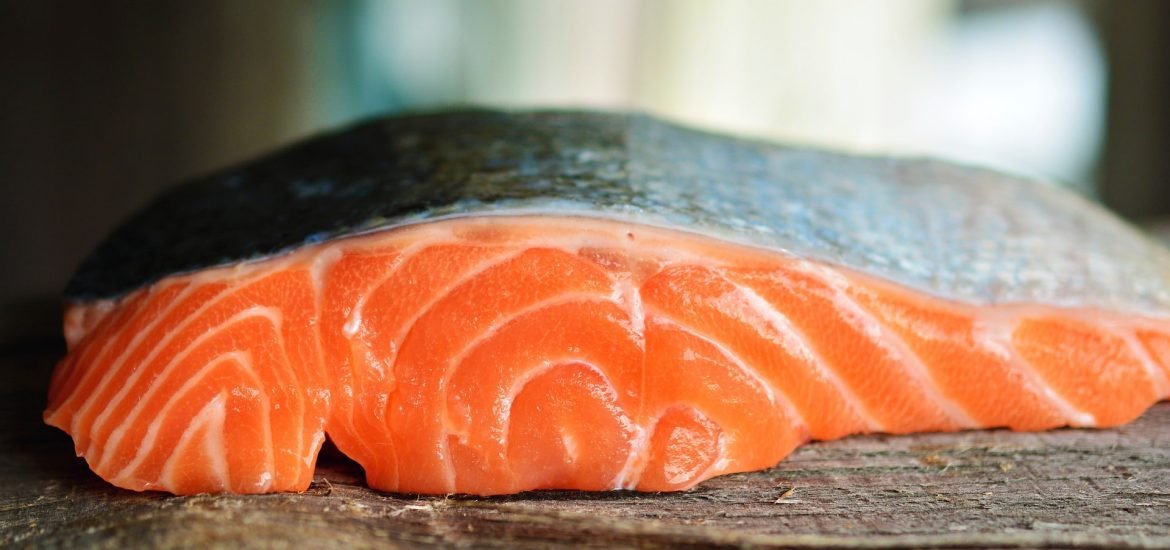
Researchers have discovered the age at which a woman experiences menopause could be linked to her diet. In the first study of its kind in the UK, scientists found that legumes and oily fish were associated with a later onset of menopause, while refined carbohydrates, including pasta and rice, were linked to earlier menopause.
Researchers at the University of Leeds published their findings online in the Journal of Epidemiology & Community Health.
“This study is the first to investigate the links between individual nutrients and a wide variety of food groups and age at natural menopause in a large cohort of British women,” lead author Yashvee Dunneram, of Leeds’ School of Food Science and Nutrition, said in a press release.
“The age at which menopause begins can have serious health implications for some women,” said study co-author Janet Cade, also of the School of Food Science and Nutrition.
Both early and late menopause have been linked to an increased risk of different diseases. Women who experience early menopause are more likely to develop heart disease and osteoporosis, while those who go through it later have a higher risk of breast and ovarian cancers.
The study involved more than 14,000 women in the UK between the ages of 35 and 69. The participants provided information regarding factors that could potentially influence menopause, including exercise, reproductive history, weight history and use of hormone replacement therapy (HRT). The women were also asked to report their daily intake of more than 200 different types of food.
Over a period of four years, researchers found that more than 900 of the women experienced a natural start to menopause between the ages 40 and 65, with 51 being the average. The team also found a link between certain foods and the timing of menopause. Legumes and oily fish were linked to a later onset of menopause, while refined carbohydrates were associated with earlier menopause.
Consuming 90 grams of oily fish, such as salmon or mackerel, each day was associated with a delay in the onset of menopause by more than three years, while eating many fresh legumes, including peas and beans, delayed it by around one year. A diet rich in vitamin B6 and zinc was also associated with later menopause. A high daily intake of refined carbohydrates, on the other hand, was associated with beginning menopause one and a half years earlier.
Researchers cautioned that because the study was observational, it did not prove any cause and effect between certain foods and earlier or later menopause.
“As such, we cannot really recommend women to consume these specific foods to influence their onset of natural menopause,” Dunneram told HealthDay
Although the reason for the observed associations remains unclear, Dunneram said that it could be connected to food-related hormone changes.
“Refined carbs are one of the main culprits for insulin resistance,” Dunneram told HealthDay. “A high level of circulating insulin could interfere with sex hormone activity and boost oestrogen levels, both of which might increase the number of menstrual cycles and deplete egg supply faster, thus causing an earlier menopause.”
Dunneram said further research was needed in order to help scientists understand the links between diet and menopause and its wider impacts on health and wellbeing.
Cade also emphasised the benefits further research could provide: “A clear understanding of how diet affects the start of natural menopause will be very beneficial to those who may already be at risk or have a family history of certain complications related to menopause.”